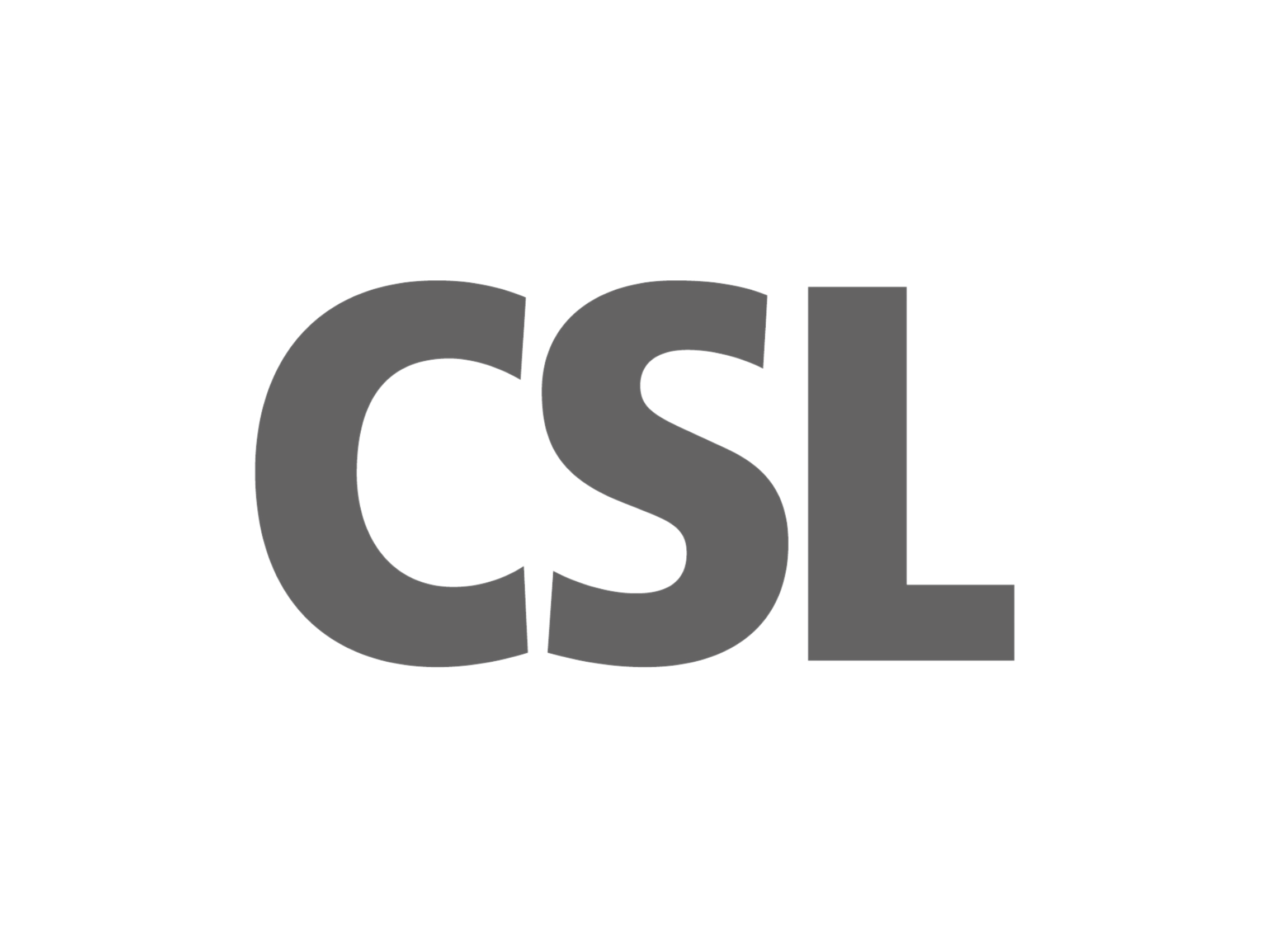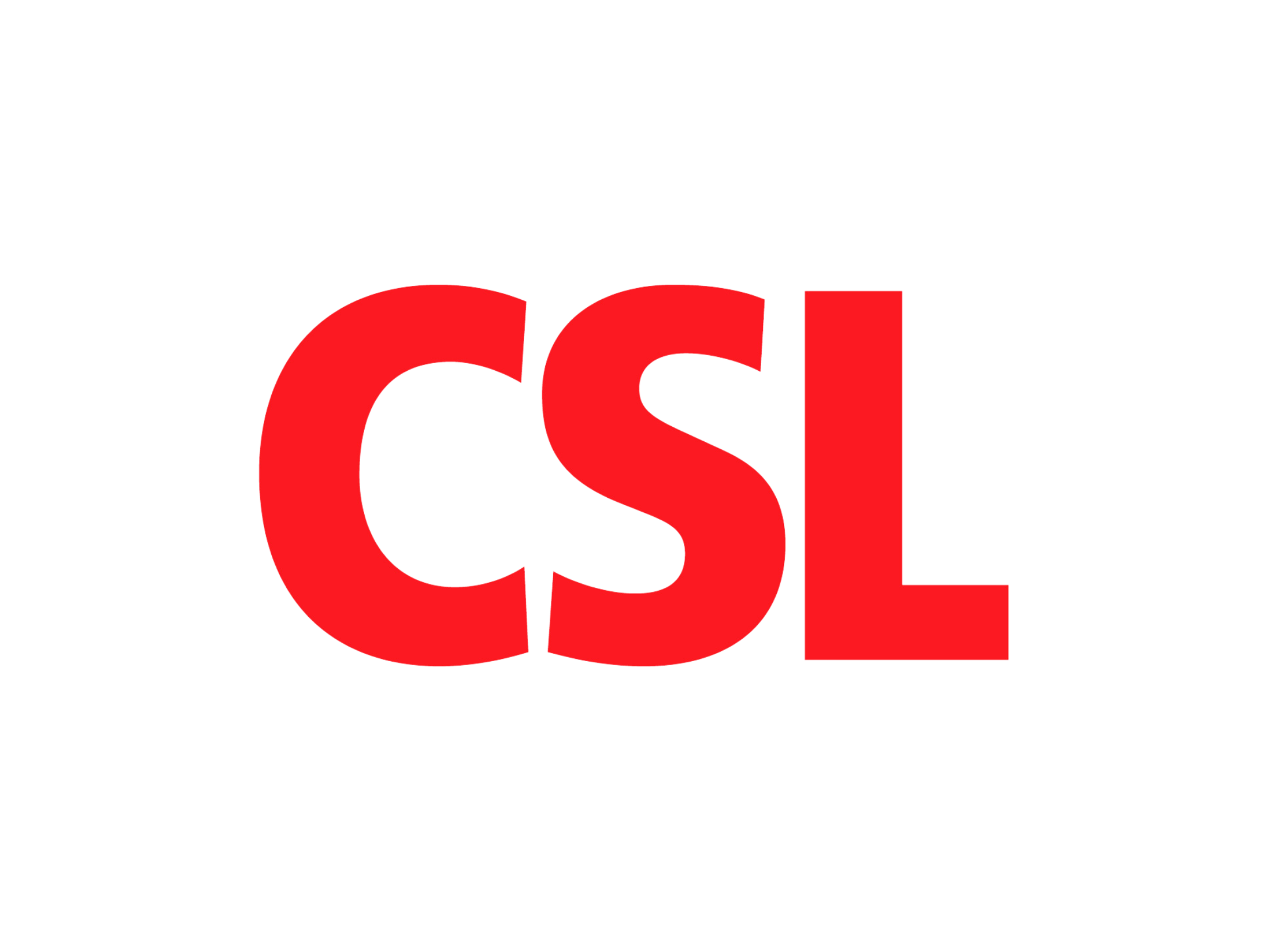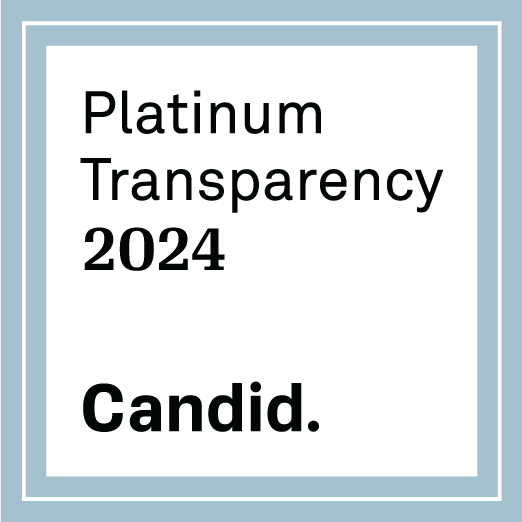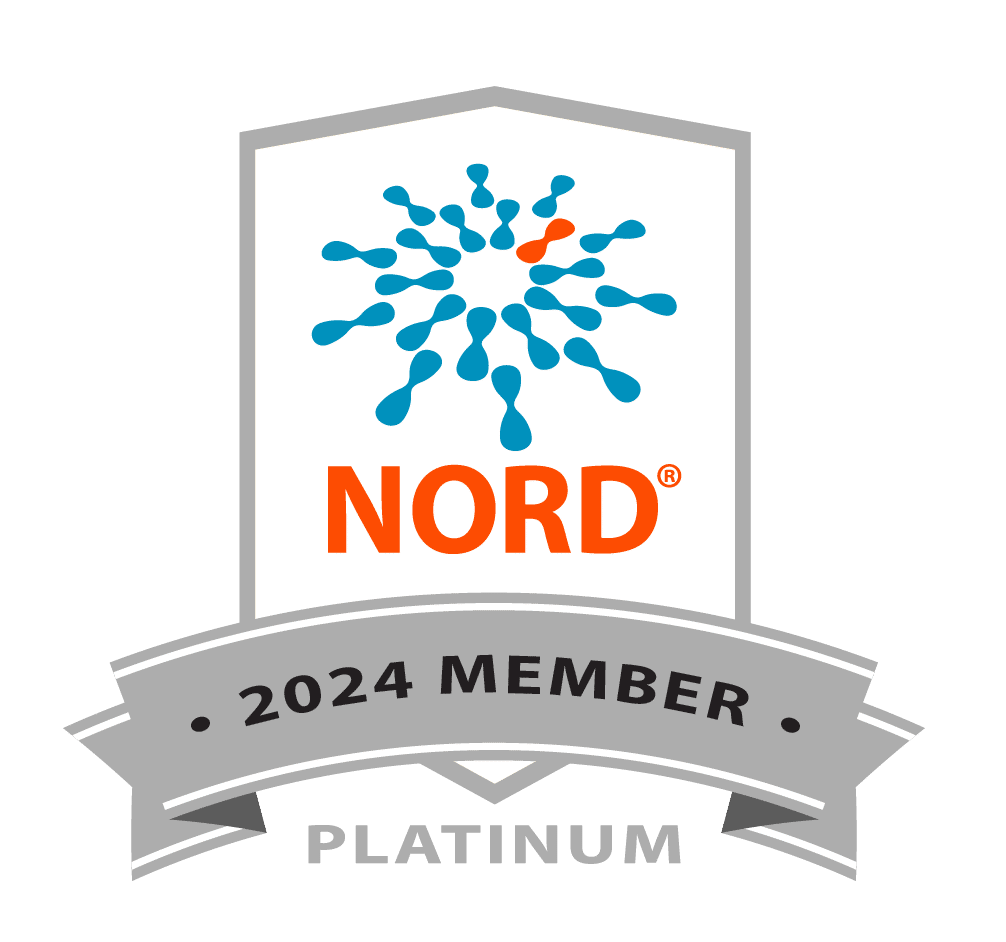The Alpha-1 Foundation is proud to report that multinational pharmaceutical manufacturer Grifols also received approval by the Danish Medicines Council for Prolastina, a plasma-derived drug used for augmentation therapy.
The Danish Medicines Council, citing a reasonable relationship between the value of the drug and the cost of treatment, recommended that human alpha-1 antitrypsin plasma-based therapy become the standard treatment for severe Alpha-1 Antitrypsin Deficiency (AATD). The Council approved two products for treatment: Respreeza® and Prolastina.
Based on the recent publication from the Health Policy Journal (Sundhedspolitisk Tidsskrift) and the Danish Medicines Council, the following information was communicated to the global community:
The recommendation is applicable to patients who have progressive emphysema and documented smoking cessation that must be present for at least six months prior to initiation of treatment, as well as progressive emphysema when detected by CT scan has documented emphysema with concomitant pulmonary function.
Treatment requires an annual reassessment, and is discontinued if the patient meets any of the following criteria:
- receives a single or double lung transplant.
- terminal diagnosis is assessed, and continued treatment is therefore deemed futile or too demanding for the patient.
- resumes smoking. This can be checked by carbon monoxide measurement prior to each injection patients being treated in hospital. For patients who self-administer treatment at home, for example, cotinine measurement every 6 months can be used.
- is not considered to have sufficient effect on the treatment. Loss of lung density of more than 30g / L within 10 years of treatment should cease treatment
Alpha-1 antitrypsin is derived from human plasma and is given to increase the plasma concentration of alpha-1 antitrypsin in patients with severe Alpha-1 Antitrypsin Deficiency and evidence of progressive emphysema. The treatment is given to delay the development of emphysema and the drug is given as maintenance treatment and at 60 mg/kg body weight once weekly by intravenous infusion.
Source: Sundhedspolitisk Tidsskrift and The Medicines Council











